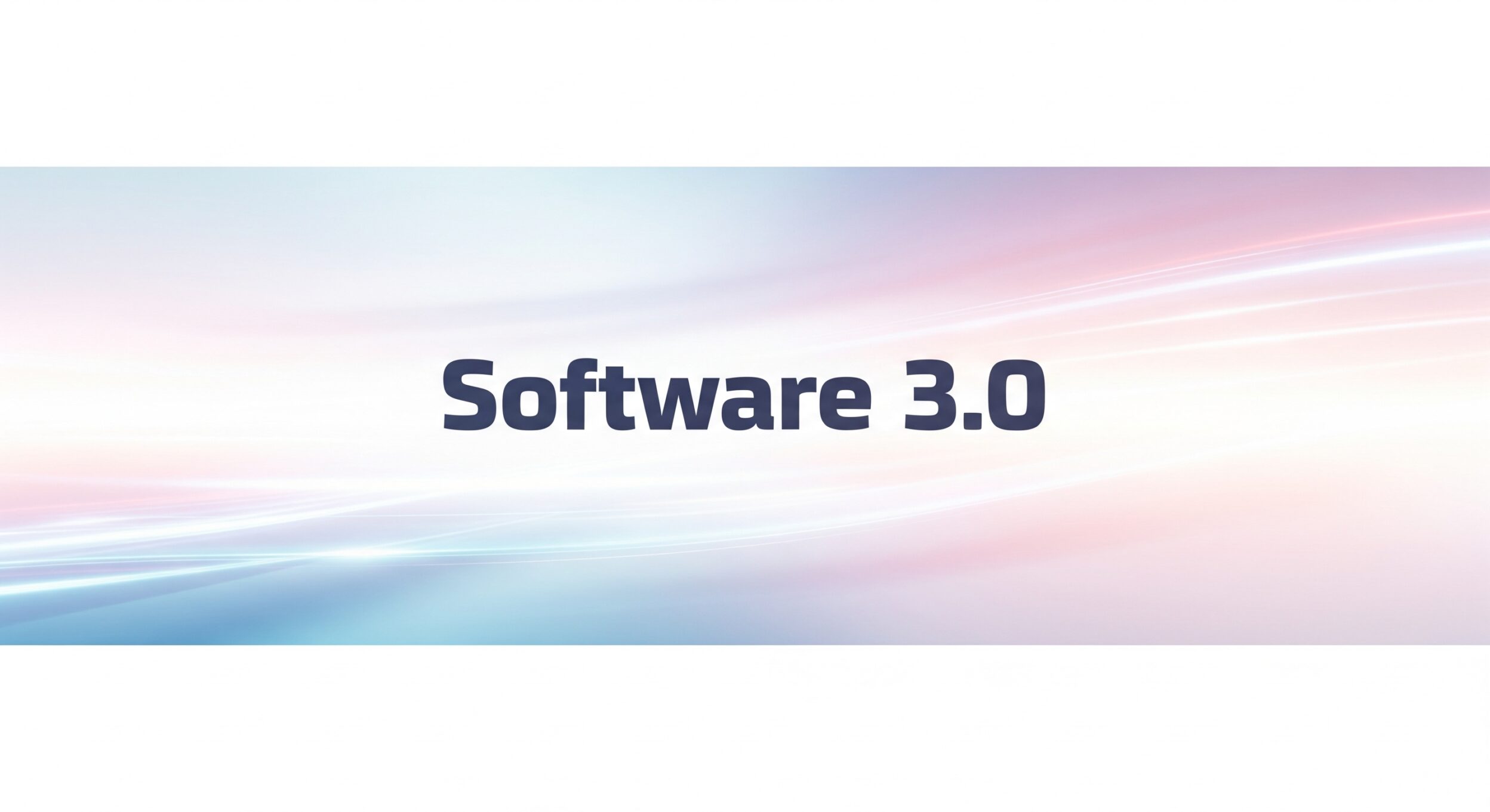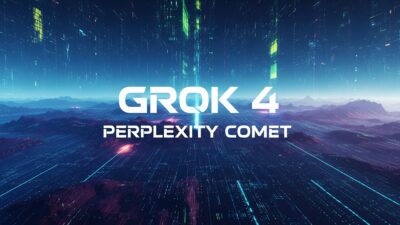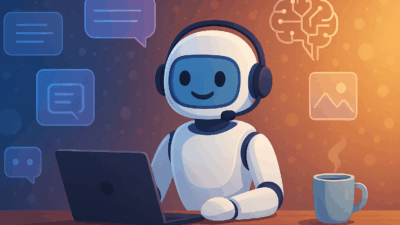Confused? Yeah, you are already living it, without knowing it.
But before going there, lets understand what Software 1.0 and 2.0 means.
Software 1.0: The Classic Way
Think of this as “hand-coded” software. For decades, developers have written code line-by-line, giving the computer exact, logical instructions. They use languages like Python, Java, or C++ to build everything from websites to video games. It’s like writing a very detailed recipe for the computer to follow perfectly. This is the foundation of the digital world we know.
Software 2.0: The AI Revolution Begins
Here, instead of writing instructions, we started showing the computer what to do. We gave a neural network a huge amount of data, like thousands of cat pictures, and the network learned what a cat looks like. The program wasn’t the code we wrote; the program was the trained model itself. This is the magic behind things like Tesla’s Autopilot and Google Translate. It was a massive leap, but it still required humans to design the models and manage all the data.
Software 3.0: The AI That Builds for You
Now, we’re entering Software 3.0, the next evolution where, AI writes the code.
Instead of developers writing every line of code, or just training a model on data, dev’s can now simply tell an AI what they want in plain English. Thanks to LLMs like Gemini, Claude, ChatGPT, etc, that has paved as a base to make this happen though different tools. This way of working completely changes the developer’s role. The most important skill in Software 3.0 won’t be writing perfect code, but writing perfect specifications. Your ability to clearly and precisely describe what you want the AI to build will determine the final product. These specifications, your plain English instructions are going to manage the code. Instead of digging through thousands of lines to make a change, you’ll simply adjust your instructions and have the AI regenerate the software.
Why is this a big deal?
- Speed: Things can be built incredibly fast.
- Accessibility: You don’t need to be a coding genius to create software. Anyone with a good idea can start building.
- Automation: AI agents can handle everything from writing code to testing it and even fixing bugs.
We’re just at the beginning of this new era. The future of software isn’t just about using AI, it’s about software becoming AI itself.





